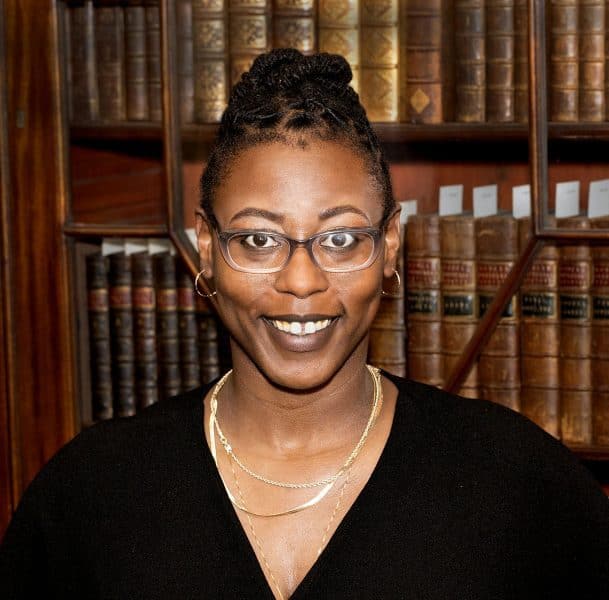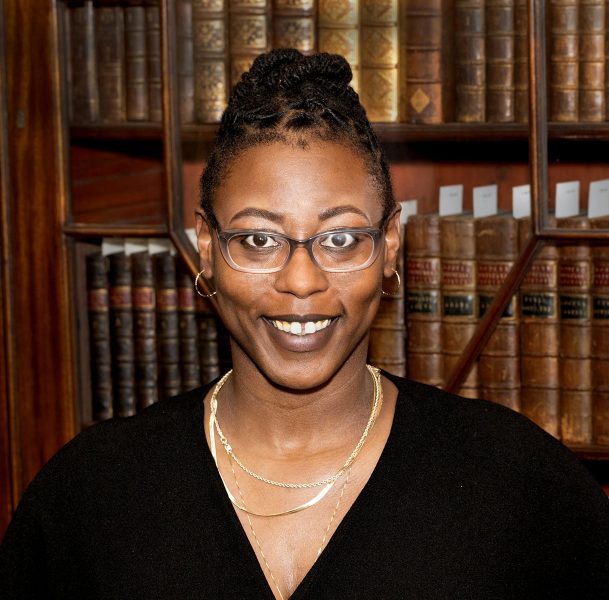Ashley Council
Mellon Scholars Intern
Mellon Scholars Transcription Project: Ashley Council
In a series of occasional blog posts, participants in our Mellon Scholars Internship and Workshop programs will introduce themselves, discuss their experiences at the Library Company, and share their goals for pursuing careers in the field of early African American history. This program is generously funded by the Andrew W. Mellon Foundation.
Delegates from publications all around the country came together to attend the 1875 Convention of Colored Newspaper Men. Held in Cincinnati, the convention discussed the formation a self-governing, African-American press association. The delegates believed that establishing a black press organization could rectify some of the shortcomings and failures of the lily-white, mainstream media. Arguing that black opinions and perceptions were not given the same regard as that of whites, one of the central goals was to create a personal organ to disseminate their views and encourage their supporters. As Peter H. Clark—president the organizing committee—declared: “No white man… can feel our wrongs as acutely or express our wants as fully as a colored.” Further, through this association, they intended to produce and publish articles and images that focus on the social, political, and religious issues and events important to the black community. Finally, they also desired to create an intellectual space in which to not only develop black journalists and writers who were otherwise locked out of mainstream publications, but also to discuss and debate policy, “obtaining that unity of action that comes from unity of views.”
Before beginning this project, I have never heard of the Colored Conventions. Reading the minutes from this gathering and many others reaffirmed, for me, African-American’s long tradition of intellectualism, collective action, and self-reliance. The documents themselves are typed and well-organized with minimal errors. Within the minutes are eloquently written, complex speeches filled with Greek and Roman allusion and imagery. These rallying speeches were largely aimed at developing and implementing ideologies, policies and practices to be enacted by African-Americans. Also, the documents detail multiple debates between delegates over a range of topics, including the construction of the organization’s constitution. These debates demonstrate black intellectual interest and ability. Finally, as a developing scholar entering a white-dominated field, it is inspiring to see African-Americans carve out a place for themselves in space they supposedly did not belong.




